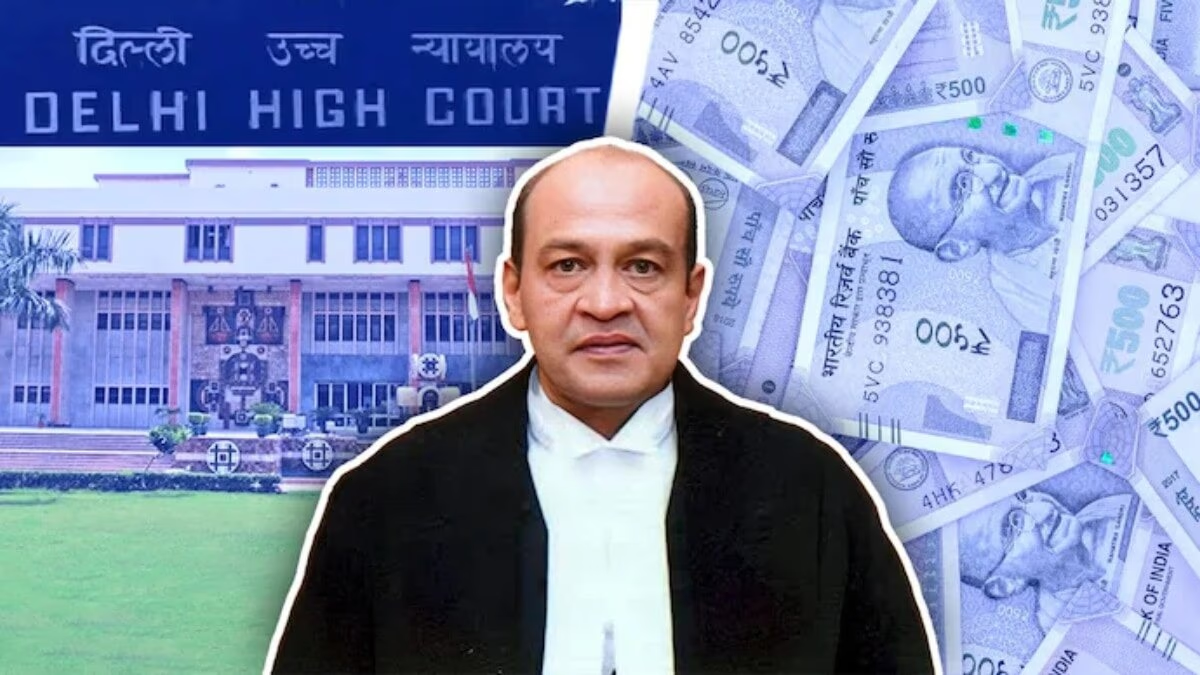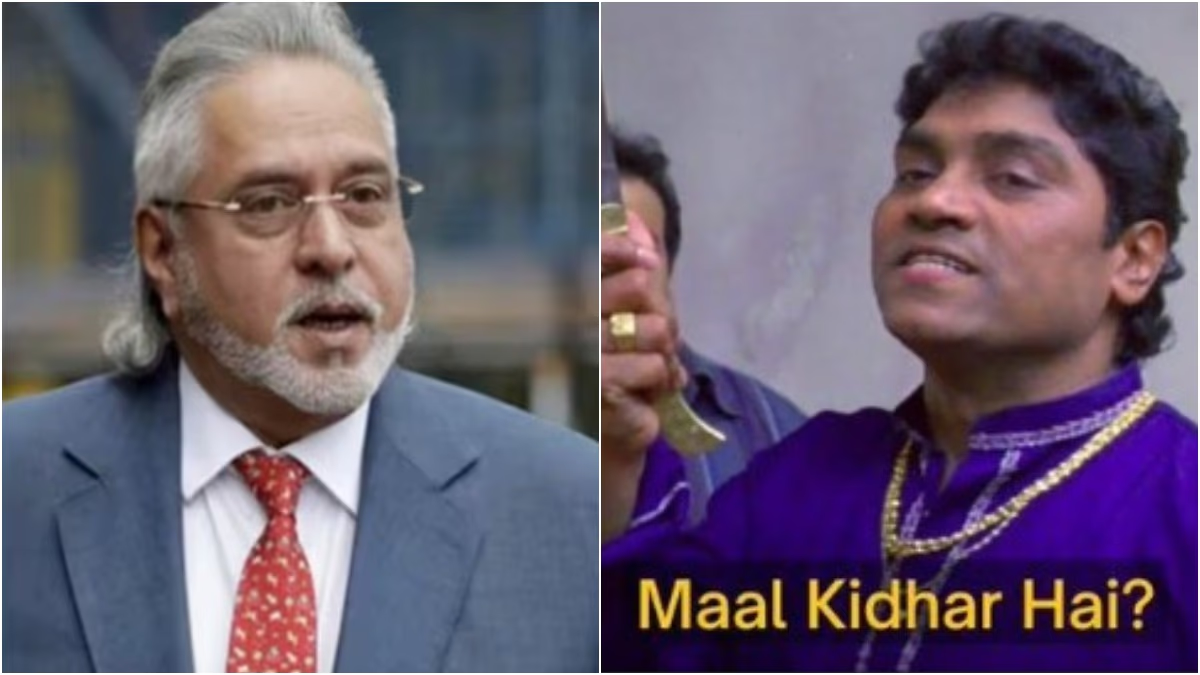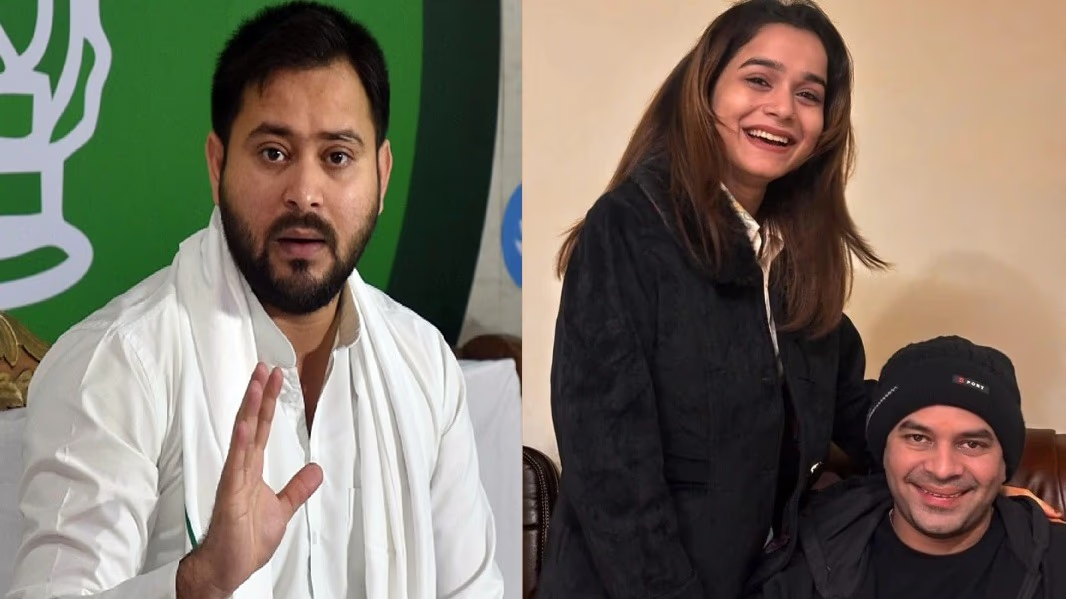The central government is seriously considering bringing an impeachment proposal against former Delhi High Court Judge Yashwant Verma in Parliament. After a large amount of charred cash was found at Justice Verma's official residence in Delhi, a Supreme Court-appointed inquiry committee found him guilty.
According to news agency PTI, government sources say if Justice Verma does not resign, the government is likely to prioritize tabling the impeachment proposal during the monsoon session starting in the second half of July. Following this controversial incident, Justice Verma has been transferred from the Delhi High Court back to his original posting at the Allahabad High Court.
Sources indicate that then-Chief Justice Sanjeev Khanna had recommended impeachment against Verma in a letter to the President and Prime Minister. Khanna took this step based on a report from the Supreme Court-appointed in-house inquiry committee, although the report has not been made public.
Justice Verma refused to step down
Reportedly, the then-CJI Khanna asked Verma to resign, but he refused. According to the news agency, a government official stated that the formal process against Justice Verma has not yet started. Meanwhile, Justice Verma has claimed his innocence, stating that the cash recovered from the outhouse of his Delhi residence, after a fire incident, is unrelated to him.
Government sources revealed that the administration aims to take the opposition parties into confidence. This issue has already become a topic of criticism among both ruling and opposition political parties. A source expressed, "The matter is very serious and difficult to ignore. A final decision will be made soon."
Understanding the Impeachment Process
Under Article 124(4) of the Indian Constitution and judicial accountability provisions, an impeachment proposal can be introduced in Parliament to remove a judge of the High Court or Supreme Court. A minimum of 50 signatures are required in the Rajya Sabha, while 100 members' support is necessary in the Lok Sabha.
If the proposal passes in both houses with a two-thirds majority, the Speaker of the Lok Sabha or the Chairman of the Rajya Sabha requests India's Chief Justice to form an inquiry committee. This committee comprises three members: one current Supreme Court judge, one Chief Justice of a High Court, and one distinguished jurist appointed by the government.
Sources suggest that the government aims to incorporate the three-member committee's investigation report, detailing the discovery of a substantial amount of charred cash at Verma's Delhi residence, into the draft impeachment proposal. Considering the sensitivity of this high-profile case, the government seeks to propose the measure with cross-party consensus to ensure fairness and transparency in the democratic process.




